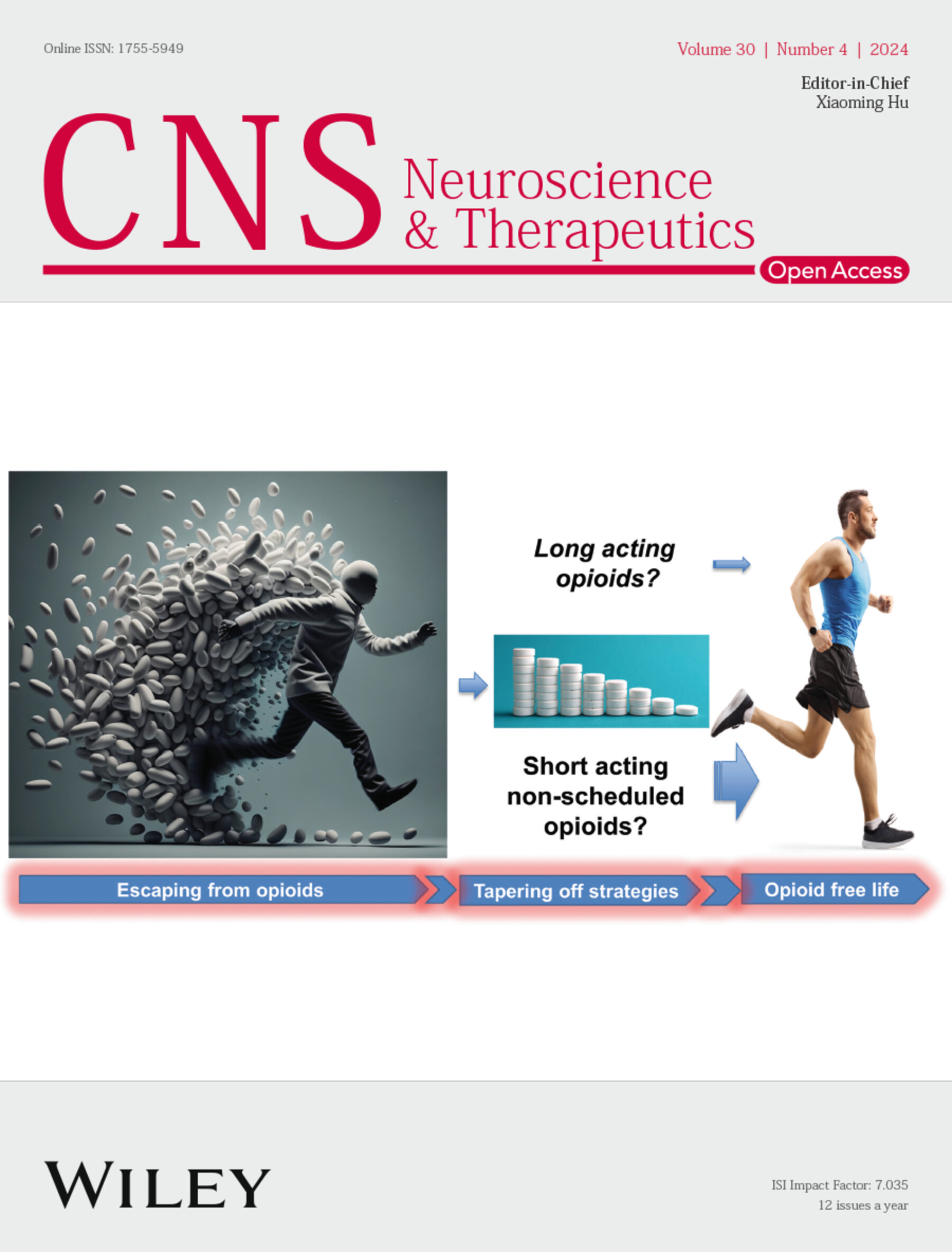Acute Restraint Stress Induces Long-Lasting Synaptic Enhancement by Inhibiting AMPK Activation in AD Model Mice
Abstract
Background
Alzheimer's disease (AD) is characterized by a gradual synaptic loss. The progression of AD severely affects late-phase long-term potentiation (L-LTP), which is essential for long-term memory consolidation.
Aim
We have previously demonstrated the beneficial effects of acute restraint stress (ARS) on hippocampal LTP in AD mouse models. This study aimed to verify the effects and potential mechanisms of ARS on the maintenance of hippocampal L-LTP in two AD mouse models.
Materials and Methods
5xFAD and Tg2576 mice underwent a 30-min body immobilization protocol to induce ARS, followed by electrophysiological recordings of L-LTP (> 3 h) in the CA1 region of thehippocampus.
Results
The ARS-exposed group exhibited significantly enhanced L-LTP compared to the control group. Maintenance of L-LTP requires new protein synthesis and signaling via the mammalian target of rapamycin (mTOR) pathway. Our findings revealed that ARS increased hippocampal adenosine triphosphate (ATP) production and reduced AMPK activity. Inactivation of AMPK and subsequent activation of the mTOR pathway were strongly associated with the ARS-facilitated enhancement of L-LTP. Furthermore, our experiments using the mTOR inhibitor rapamycin demonstrated that it effectively prevented the enhancement of L-LTP following ARS, underscoring the pivotal role of mTOR in this process.
Conclusion
ARS may significantly modify AMPK activation and mTOR regulation in L-LTP, potentially triggering the mechanisms of long-term memory consolidation in AD mouse model mice. Identifying these underlying mechanisms could help promote the development of novel pharmaceutical agents for the treatment of AD.


 求助内容:
求助内容: 应助结果提醒方式:
应助结果提醒方式:


